Kay Adams - Make Mine Country (1967)
- 09 Oct, 13:52
- change text size:
Facebook
Twitter
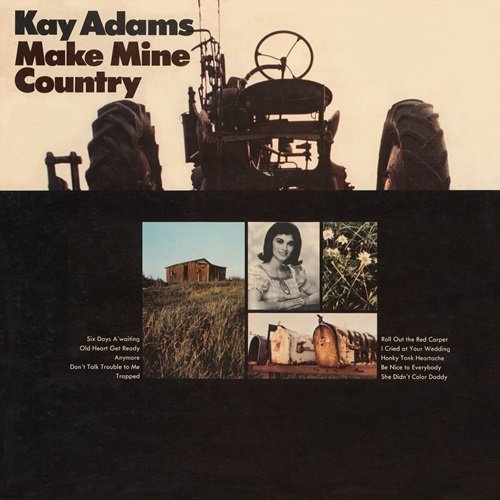
Artist: Kay Adams
Title: Make Mine Country
Year Of Release: 1967
Label: Curb Records
Genre: Country, Bakersfield Sound, Honky Tonk
Quality: Flac (tracks)
Total Time: 24:40
Total Size: 111 Mb
WebSite: Album Preview
Tracklist:Title: Make Mine Country
Year Of Release: 1967
Label: Curb Records
Genre: Country, Bakersfield Sound, Honky Tonk
Quality: Flac (tracks)
Total Time: 24:40
Total Size: 111 Mb
WebSite: Album Preview
01. Six Days A'waiting 2:08
02. Old Heart Get Ready 1:54
03. Anymore 2:05
04. Don't Talk Trouble To Me 2:43
05. Trapped 2:46
06. Roll Out The Red Carpet 2:11
07. I Cried At Your Wedding 3:06
08. Honky Tonk Heartache 2:34
09. Be Nice To Everybody 2:08
10. She Didn't Color Daddy 3:07
A talented country singer in the Bakersfield tradition, Kay Adams was a hitmaker in the 1960s when her song "Little Pink Mack" made its way into the Country Top 40. Adams excelled on spunky numbers where she showed off the supple twang of her voice and an independent spirit, especially on songs related to truck driving (a popular C&W subgenre of the era), though she could also reveal a more vulnerable side on lovelorn numbers. She enjoyed her greatest success on Capitol Records' Tower subsidiary, and the highlights of her Tower catalog were compiled on the 2024 album Little Pink Mack.
Princetta Kay Adams was born on April 9, 1941, in Knox City, Texas, and she was raised in nearby Vernon. Her father worked as a farmer but had a sideline as a fiddler, sometimes making more from a good Saturday night gig than he would from a week tending crops. Kay joined her father's band when she was ten years old, and she would soon take inspiration from leading female country stars like Loretta Lynn and Patsy Cline. (She also developed a taste for rock & roll, though her father wasn't about to let her sing rock songs with his band.) Adams left her dad's group when she was 18 and she soon married. The newlyweds relocated to Oildale, California, where Adams' husband landed a job working in the oil fields. Five miles away was Bakersfield, California, which had become the West Coast's new capital of country music. Adams became a fan of Stogner's Country Corner, a local country music TV series hosted by Dave Stogner and featuring regular appearances from Red Simpson, Bonnie Owens, and Billy Mize. Adams' mother-in-law suggested she should audition for the show, and after singing one song for Stogner, she was invited to appear on TV. Buck Owens, the king of the Bakersfield country scene, was at the studio the day Adams made her debut, and he was impressed enough that he promptly introduced her to veteran producer and music business kingpin Cliffie Stone. Stone agreed that Adams had talent and potential, and after cutting a four-song demo tape, he arranged for her to sign with Tower Records, part of the Capitol family.
Adams' first single, "Don't Talk Trouble to Me" b/w "Honky Tonk Heartache," was issued by Tower in 1965, and later that year, the Academy of Country Music named her the year's Best New Female Vocalist. In 1966, Adams became part of Buck Owens' touring show, barnstorming the country and appearing at Carnegie Hall. That year, she also released the single "Little Pink Mack" b/w "That'll Be the Day," and the A-side, sung from the viewpoint of a female truck driver too confident to be intimidated by her male counterparts, became a hit, peaking at number 30 on the country singles charts. Thanks to the success of "Little Pink Mack," Adams' first album, 1966's Wheels & Tears, featured a number of trucking tunes (including "Six Days Awaiting," an answer to Dave Dudley's "Sex Days on the Road") along with a few weepers. Also in 1966, Adams released a duo album with Dick Curless, A Devil Like Me Needs an Angel Like You, and became a regular on Buck Owens' syndicated television show. 1967 saw the release of two more albums from Adams, Alcohol & Tears (which featured two songs written by Adams) and Make Mine Country (which included some early single sides that hadn't appeared on her previous LPs). In time, Adams left Buck Owens' touring company and signed on to appear with another Bakersfield hero, Merle Haggard, and she co-wrote a song with Haggard, "My Hands Are Tied," that was included on his 1967 album Branded Man. When Haggard was cast in a supporting role in the period crime drama Killers Three, he saw to it that Adams appeared on the soundtrack album, performing the songs "Gonna Have a Good Time," "Maybe You'll Appreciate Me Someday," and "Love Me Now and Forever."
Adams' last single for Tower, "Too Used to Being with You" b/w "Good Morning, Love," was issued in 1969, and she cut three singles for Capitol in 1973 that received little notice. While she continued to appear live, her recording career tapered off; in 1976, she cut a single for Ovation Records, appeared on two tracks on a country sampler from the label, Country Cousins, and in 1978 she released her final LP, Made for Love, on Frontline Records. Adams gradually stepped away from her musical career to raise a family, and her catalog fell out of print. In 2004, the respected reissue label Sundazed Records reissued Wheels & Tears and followed suit in 2024 with Little Pink Mack, a collection of tracks from her years at Tower Records.
Princetta Kay Adams was born on April 9, 1941, in Knox City, Texas, and she was raised in nearby Vernon. Her father worked as a farmer but had a sideline as a fiddler, sometimes making more from a good Saturday night gig than he would from a week tending crops. Kay joined her father's band when she was ten years old, and she would soon take inspiration from leading female country stars like Loretta Lynn and Patsy Cline. (She also developed a taste for rock & roll, though her father wasn't about to let her sing rock songs with his band.) Adams left her dad's group when she was 18 and she soon married. The newlyweds relocated to Oildale, California, where Adams' husband landed a job working in the oil fields. Five miles away was Bakersfield, California, which had become the West Coast's new capital of country music. Adams became a fan of Stogner's Country Corner, a local country music TV series hosted by Dave Stogner and featuring regular appearances from Red Simpson, Bonnie Owens, and Billy Mize. Adams' mother-in-law suggested she should audition for the show, and after singing one song for Stogner, she was invited to appear on TV. Buck Owens, the king of the Bakersfield country scene, was at the studio the day Adams made her debut, and he was impressed enough that he promptly introduced her to veteran producer and music business kingpin Cliffie Stone. Stone agreed that Adams had talent and potential, and after cutting a four-song demo tape, he arranged for her to sign with Tower Records, part of the Capitol family.
Adams' first single, "Don't Talk Trouble to Me" b/w "Honky Tonk Heartache," was issued by Tower in 1965, and later that year, the Academy of Country Music named her the year's Best New Female Vocalist. In 1966, Adams became part of Buck Owens' touring show, barnstorming the country and appearing at Carnegie Hall. That year, she also released the single "Little Pink Mack" b/w "That'll Be the Day," and the A-side, sung from the viewpoint of a female truck driver too confident to be intimidated by her male counterparts, became a hit, peaking at number 30 on the country singles charts. Thanks to the success of "Little Pink Mack," Adams' first album, 1966's Wheels & Tears, featured a number of trucking tunes (including "Six Days Awaiting," an answer to Dave Dudley's "Sex Days on the Road") along with a few weepers. Also in 1966, Adams released a duo album with Dick Curless, A Devil Like Me Needs an Angel Like You, and became a regular on Buck Owens' syndicated television show. 1967 saw the release of two more albums from Adams, Alcohol & Tears (which featured two songs written by Adams) and Make Mine Country (which included some early single sides that hadn't appeared on her previous LPs). In time, Adams left Buck Owens' touring company and signed on to appear with another Bakersfield hero, Merle Haggard, and she co-wrote a song with Haggard, "My Hands Are Tied," that was included on his 1967 album Branded Man. When Haggard was cast in a supporting role in the period crime drama Killers Three, he saw to it that Adams appeared on the soundtrack album, performing the songs "Gonna Have a Good Time," "Maybe You'll Appreciate Me Someday," and "Love Me Now and Forever."
Adams' last single for Tower, "Too Used to Being with You" b/w "Good Morning, Love," was issued in 1969, and she cut three singles for Capitol in 1973 that received little notice. While she continued to appear live, her recording career tapered off; in 1976, she cut a single for Ovation Records, appeared on two tracks on a country sampler from the label, Country Cousins, and in 1978 she released her final LP, Made for Love, on Frontline Records. Adams gradually stepped away from her musical career to raise a family, and her catalog fell out of print. In 2004, the respected reissue label Sundazed Records reissued Wheels & Tears and followed suit in 2024 with Little Pink Mack, a collection of tracks from her years at Tower Records.

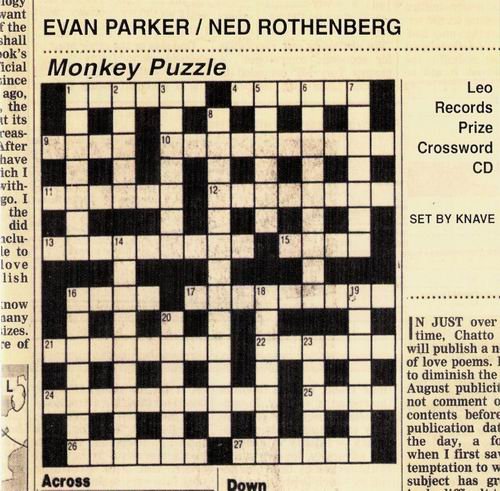

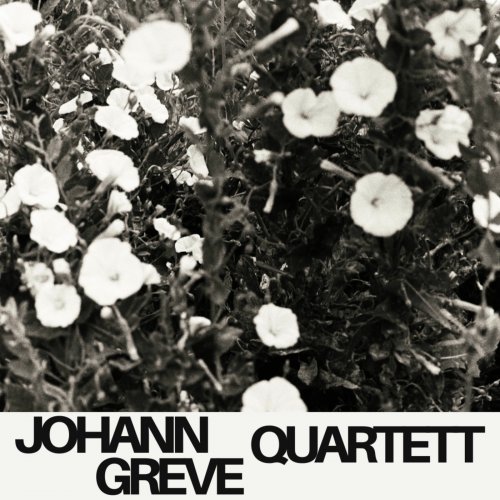
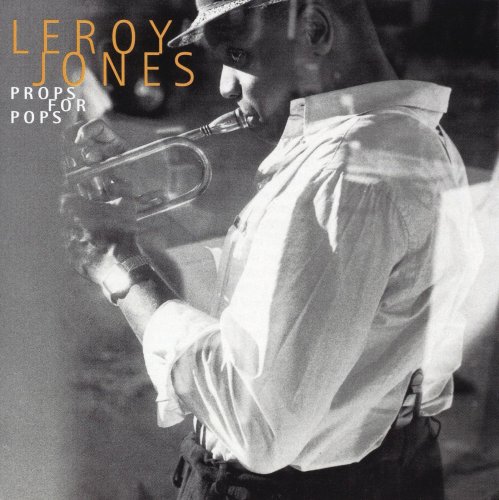

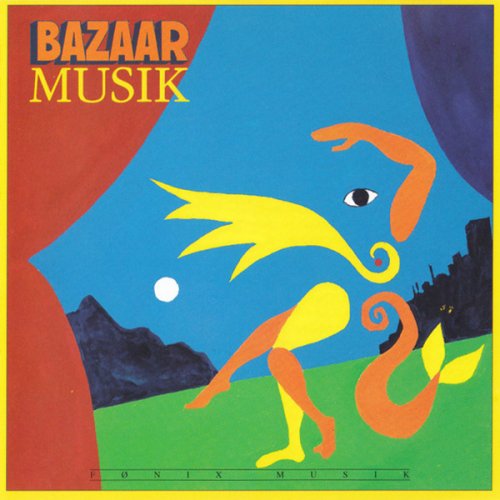

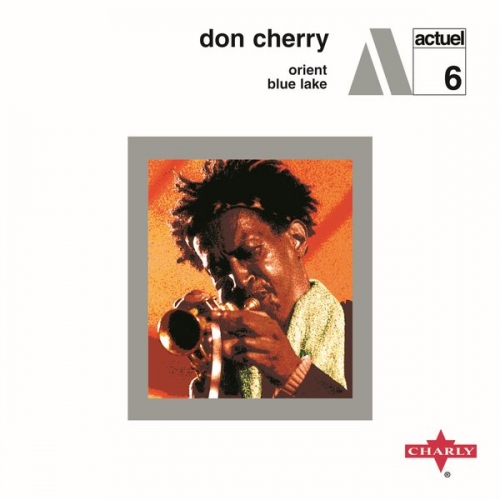
![Ilhan Ersahin, Alp Ersönmez, Izzet Kizil, Turgut Alp Bekoglu - Istanbul Sessions: Mahalle (2026) [Hi-Res] Ilhan Ersahin, Alp Ersönmez, Izzet Kizil, Turgut Alp Bekoglu - Istanbul Sessions: Mahalle (2026) [Hi-Res]](https://img.israbox.com/img/2026-01/15/ipohwxjd3n2z6fjrmuocifcej.jpg)